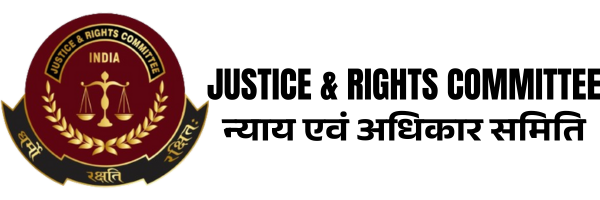Freedom of Speech and expression is an integral part of the democratic India. It is ensured and protected under the fundamental rights of the indian constitution.
Freedom of speech and expression in India is , not an absolute right but comes with certain limitations covered under Article 19 under the indian constitution. [2] The concept of freedom of speech and expression has a broader connatation and it is considered as the “mother of all other liberties”. [3] Parlimentary democracy requires a strong ecosystem in which freedom of speech and expression can flourish . A democracy cannot function without free speech as a citizen must be well equipped with it in day to day affair.
Article 19(1) (a) of the Constitution of India states that, “all citizens shall have the right to freedom of speech and expression. The idea behind this article is to give voice to the Indian citizen the license to express thoughts with some reasonable restrictions.”
The fundamental right of “freedom of speech and expression” constitutes indispensable foundation of democracy and is crucial for maintenance of democracy. It provides for public involvement in decision making procedure of state by criticizing, suggesting or eliciting proper public opinion for the functioning of a healthy government and also for a coordinated social development. “Freedom of speech embodies the people’s right to know, their right to collect information from diverse and antagonistic sources”. It provides the ‘principle of accountability’, a sine qua non of every democratic society. To make governmental institutions answerable, it is necessary that public must have knowledge about working of legislature and public act done by public officers. As educated public is powerful check over maladministration.
The principle behind freedom of speech and expressions is as under:
- Only the Indian citizen has the liberty to enjoy this right, the right isn’t given any foreign citizen.
- This right gives liberty to express one’s view through any medium e.g.:-by words in writing speaking, in pictures etc.
- Since the freedom of speech and expression is not an absolute right, the government is given powers to frames law for and against it.
Hate speech is generally comes in the category of “incitement” Hate is an emotion which we encounter in our day to day life; it is part and parcel in our society. Hate speech can be seen in the statement of many legislators, scholars and jurists and so on.


